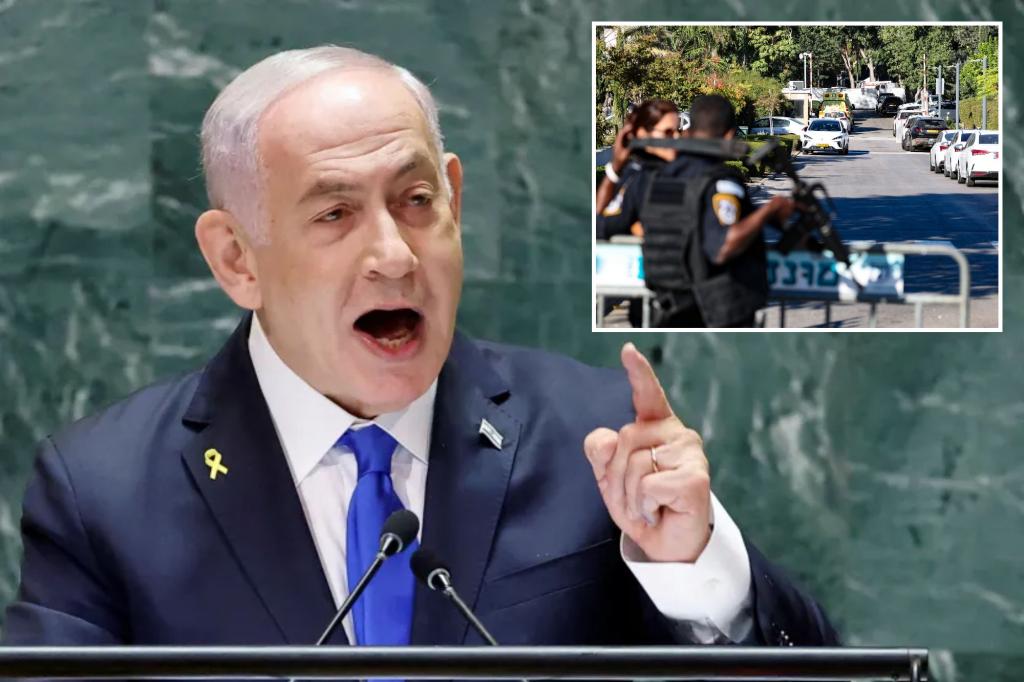Israeli Prime Minister Benjamin Netanyahu’s home in Caesarea was targeted by a drone attack over the weekend. Fortunately, Netanyahu was not present at the time, and no casualties were reported. The Israeli military confirmed that a drone had been launched from Lebanon and had hit a building, although it was unclear what exactly was targeted. Additionally, two more drones that crossed into Israeli territory were intercepted by the military.
Despite the drone attack, there were no casualties reported. Israeli authorities investigated the incident, with the Israeli ambulance service and police confirming that explosions had been heard in Caesarea, where Netanyahu has a holiday home. The use of drones in the attack raised concerns about the growing sophistication of non-state actors and their ability to carry out such attacks.
No group immediately claimed responsibility for the drone attack. The Lebanese Iran-backed group Hezbollah, which has been engaged in clashes with Israel since last October, did not claim involvement in the incident. The lack of a clear perpetrator further complicates the situation, as tensions between Israel and its neighbors continue to escalate.
The incident highlights the ongoing conflict between Israel and Hezbollah, as well as the increased use of drones in military operations. The attack on Netanyahu’s home raises concerns about the security of high-profile political figures and the potential for attacks on sensitive locations. The use of drones in the attack highlights the evolving nature of modern warfare and the challenges faced by traditional military defenses.
Israeli officials are likely to respond to the drone attack with increased security measures and potential retaliation against those responsible. The lack of a clear claim of responsibility complicates the situation and raises questions about the motives behind the attack. As tensions in the region continue to rise, the incident serves as a reminder of the volatile political landscape in the Middle East and the ongoing conflicts between Israel and its adversaries.
In conclusion, the drone attack on Netanyahu’s home in Caesarea highlights the ongoing security threats faced by Israel and the challenges posed by non-state actors. The use of drones in the attack underscores the changing nature of warfare and the need for updated defense mechanisms to combat modern threats. As Israeli authorities investigate the incident and assess the situation, it remains to be seen how they will respond and what impact this attack will have on the broader geopolitical landscape in the region.















